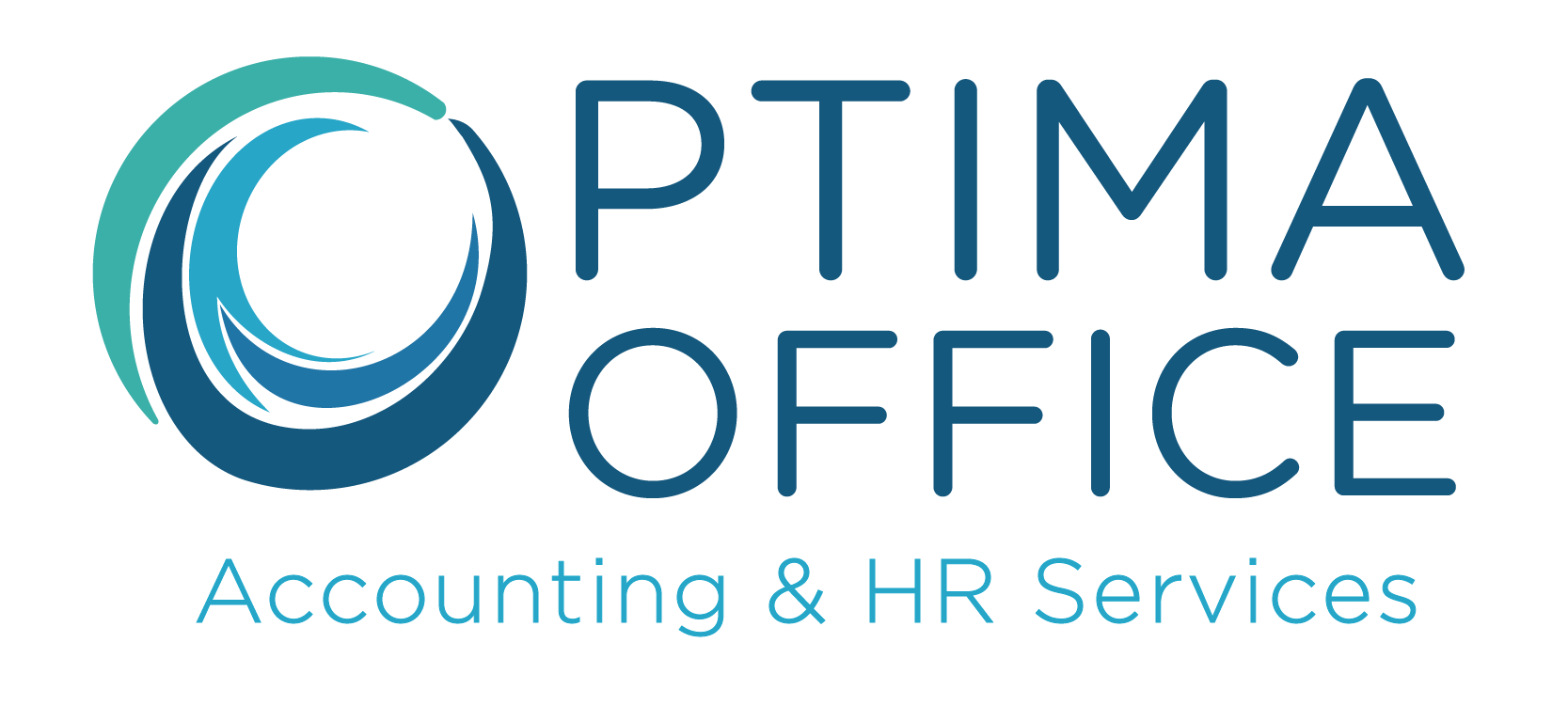California’s HR Challenges
California is home to a powerhouse economy and a skilled workforce. On an international stage, it has the fifth most significant GDP. Nonetheless, California companies face numerous complexities and challenges when it comes to managing their human resources (HR) functions. As an employer in California, it can be exceptionally challenging to keep up with the ever-changing laws and regulations that govern the state’s employment landscape. California is known for having some stringent employment laws, making compliance a critical aspect of running a business to avoid costly fines, penalties, and potential lawsuits.
Navigating Employment Laws
California’s employment laws cover a wide array of topics, spanning from the basics like minimum wage and overtime pay to more complex issues such as worker misclassification, arbitration agreements, and non-compete clauses. Employers must navigate these laws meticulously to ensure the safety, well-being, and fair treatment of their employees while simultaneously safeguarding their business from any legal entanglements.
Understanding Reporting Time Pay
One fundamental piece of California’s employment laws is the concept of “reporting time pay.” Reporting time pay is a unique provision in California’s employment law that requires employers to compensate employees for a specified minimum amount of pay when they are required to report to work but are not provided with any or only a limited amount of work.
Under the reporting time pay rule, if an employee is scheduled to work a specific shift but is sent home early or given fewer hours than originally scheduled, the employer must still pay the employee for a minimum number of hours. This minimum amount is typically half of the employee’s scheduled shift, but it cannot be less than two hours or more than four hours of pay.
Paid Sick Leave: Promoting Employee Well-being
In addition to the reporting time pay provision, another significant aspect of California’s employment law is the requirement for employers to provide paid sick leave to their employees. California’s paid sick leave law mandates that eligible employees accrue paid sick leave at a specified rate, allowing them to take time off from work for various reasons related to their health or the health of their family members. Under this law, most employees are entitled to earn at least one hour of paid sick leave for every 30 hours worked, up to a certain cap. This accrued sick leave can be utilized for various purposes, including the employee’s own illness, medical appointments, or to care for a sick family member.
Safeguarding Employees’ Rights to Use Accrued Sick Leave
The paid sick leave requirement aims to promote employee well-being and prevent the spread of illnesses in the workplace. It ensures that employees can take necessary time off when they are unwell or need to attend to medical needs, without fear of losing wages or facing disciplinary action.
California’s paid sick leave law also includes provisions to protect employees from retaliation for using their accrued sick leave. Employers are prohibited from taking adverse action against employees who exercise their rights to take paid sick leave, such as demotions, termination, or other discriminatory practices. By enacting this provision, California prioritizes the health and welfare of its workforce, recognizing the importance of employees’ physical and mental well-being in maintaining a productive and equitable work environment.
Challenges in Complying with California’s Employment Laws
Complying with California’s employment laws poses numerous challenges for employers. These additional requirements can be financially burdensome for businesses, particularly smaller enterprises, and failure to comply can lead to severe consequences, including substantial fines, penalties, and legal disputes.
- Laws and court interpretations are constantly evolving regularly – Staying informed and keeping up with these changes can be a daunting task, requiring employers to invest significant time and resources into monitoring legislative updates and seeking legal counsel to ensure they remain compliant.
- Laws are intricate and nuanced – Complexity arises from the interplay between state laws, federal laws, and local ordinances, each with their own distinct requirements and standards. Employers must possess a comprehensive grasp of these legal intricacies to interpret and implement the laws correctly within their organization.
- Laws tend to be more favorable to employees – The state mandates additional benefits and protections that employers must provide, often going beyond the federal requirements.
- For instance, California law entitles employees to paid sick leave, which may not be a statutory requirement in other jurisdictions. Additionally, certain employees are eligible for overtime pay, even if they would not be eligible under federal law.
Thriving in California’s Complex Employment Landscape with Optima Office
Given the complex and ever-changing nature of California’s employment laws, it is crucial for employers to remain vigilant, stay informed, and seek professional guidance to ensure compliance. This may involve engaging legal counsel, subscribing to relevant industry newsletters and publications, participating in educational seminars and workshops, or utilizing specialized compliance software and tools. By actively addressing the challenges of complying with California’s employment laws, employers can mitigate risks, foster a positive work environment, and cultivate a culture of compliance that benefits both their employees and their business.
Optima Office’s HR Services
Optima Office offers a wide range of HR services to help California employers navigate the state’s employment laws. Our services include:
HR Director:
Our HR Director services include:
- Offers strategic leadership in HR initiatives
- Collaborates with executives to align HR with business goals
- Focuses on talent management and organizational development
HR Managers:
Our HR Manager services include:
- Handles day-to-day HR functions and operations
- Manages talent acquisitions and recruitment processes
- Implements performance management systems
- Oversees employee development and training programs
- Ensures compliance with labor laws and best practices
Employee Relations Managers:
Our Employee Relations services include:
- Acts as a liaison between employees and management
- Addresses employee concerns, conflicts, and grievances
- Promotes a harmonious work environment and positive culture
- Implements strategies to enhance employee engagement
HR Generalists:
Our HR Generalists services include:
- Possesses a diverse skill set for various HR
- Manages payroll and benefits administration
- Assists in employee onboarding and offboarding processes
- Conducts HR-related training sessions and workshops
- Supports HR Managers in daily HR operations
Benefits Specialists:
Our Benefits Specialists services include:
- Designs and manages competitive employee benefits packages
- Assists employees in understanding and accessing benefits
- Evaluates benefits programs and recommends improvements
- Stays updated on industry trends for optimal benefits offerings
Recruiting Managers:
Our Recruiting Managers services include:
- Leads and coordinates the recruitment and hiring process
- Develops recruitment strategies to attract top talent
- Conducts interviews and evaluates candidates
- Collaborates with HR Managers to meet staffing needs
- Implements application tracking systems for efficient hiring
At Optima Office, our dedicated team of HR professionals works diligently to provide comprehensive and tailored HR solutions, allowing businesses to focus on their core operations while maintaining a productive and engaging workforce.
Optima Office: Your Trusted HR Partner in California
Navigating California’s employment laws can be challenging, but with the help of Optima Office, employers can ensure compliance and avoid costly fines and legal troubles. Our team of HR professionals offers comprehensive HR services, including compliance assistance, employee relations, and training and development. Contact us today to learn more about how we can help your business thrive in California’s complex employment landscape.



